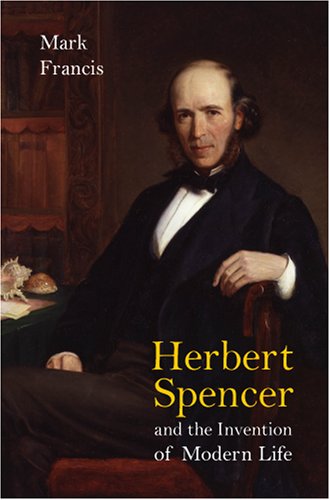As usual, I watched Jon Stewart's opening monologue from Monday's episode last night (I don't have cable, so I'm always behind...) and once again he came through for me. Jon Stewart is part of the philosophy that we shouldn't blame anyone. Yes, I agree that anger doesn't get us anywhere. However, if I agreed with him 100%, then this whole blog would be pointless.
My whole philosophy here is that music changes the world, because music changes the way we feel. We as individuals make up this society, and if we all feel peaceful, our society is peaceful. It is simple sociology. Music has always been at the center of transitioning society into the next wave of emotional evolution.
Throughout European Music History, you see this. Beethoven ushered in the Romantic Era, a time when feelings, vulnerability, and raw emotions were not only acceptable, but welcome. Before that... well, you better keep those emotions in check! Nobody wanted to hear that. Before Beethoven, it was more impressive and respected to show off your music theory skills. Beethoven was a tortured man who used music as a therapeutic form of expression. And his raw honesty has helped millions of listeners since then.
Pete Seeger, a white man in the 50's and 60's traveled around the country teaching black and white audiences the song "We Shall Overcome," which became so well known to civil rights workers, and one cannot hear that song without feeling the struggle of millions of oppressed and displaced Africans in the South.
In the 80's, we learned about child abuse from "Luka" by Suzanne Vega. Her haunting tune about living next to a violent family gave the culture a vehicle to begin discussing this problem.
In the 90's, I can't forget the Beastie Boys "Free Tibet" concert that brought awareness to the human rights abuses happening in South Asia.
Tori Amos brought us "Me and a Gun" which FINALLY opened up a dialogue about rape and other acts of violence against women.
I don't buy it. Our "society" is responsible. Brushing this tragedy off as some crazy person's act is just another way of making ourselves feel better, and ignoring the real problem. If I really believed that our culture has no responsibility, then this blog would be pointless.
The only way to change society, is to change ourselves. That was the way Gandhi taught his followers in India, and the result was liberation of their country. Martin Luther King, Jr. taught his followers to become emotionally strong enough to "turn the other cheek" as Jesus taught in the New Testament. The individual actions of Civil Rights activists convinced a nation that segregation was wrong. Nelson Mandela, after being a political prisoner for 25 years, created the "Truth and Reconciliation Commission" which was a national South African movement to unite victims and perpetrators of Apartheid. Through dialogue between murderers and their victims' families, healing was able to begin within individuals, and therefore, with their society.
 |
| Nelcon Mandela & Desmond Tutu Chose to Teach Forgiveness Over Violence |
Great leaders like this help to change society by changing our minds and giving us ideas. The ideas turn into actions, and before you know it, slavery is over. Segregation is over. Apartheid is over. The general public begins to change the way they view women and their roles. Interracial couples can go out in public. Same sex couples eventually get equal status. You get my point.
I adore Jon Stewart for taking the diplomatic approach, and it will most likely help. However, I stand by the idea that our society is responsible for these actions. We can't just pretend like we're perfect. What is it that sports teams say... you're only as strong as your weakest player? That's how a society functions too.
This is a violent society. It has always been a violent society since day one. To pretend otherwise is to ignore history. The only way to change this problem is to begin taking responsibility. There is nothing that can be done in one simple action to change the world. It takes a lot of time. It's truly Social Darwinism. The idea that evolution takes place on a societal scale.
 |
| Sociology Students Learn About Social Evolution Through Herbert Spencer |
Alright. As my Buddhist friend Kusala say, "It's time to spring into action." No more dwelling on the sadness. I will leave you with a reminder that music plays an important role in how society evolves. This is a song by Simple Minds about Nelson Mandela and his release from prison. Peace and Music to You All!







Is the object to change the way we feel? Or to observe what we feel and not react to it? I think the second question lies more in line with the teachings of Vipassana.
ReplyDeleteJesse Hoff
http://www.jessehoff.com